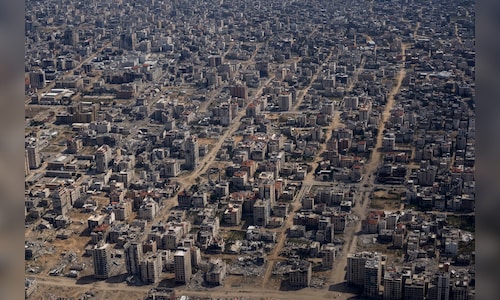The move drew sharp criticism from Hamas, which accused Israel of attempting to sabotage the fragile truce. “Cheap extortion, a war crime, and a blatant attack on the (ceasefire) agreement,” the group said in a statement.
The initial phase of the Israel-Hamas ceasefire
, which facilitated increased humanitarian aid deliveries, expired on Saturday. Negotiations for a second phase—under which Hamas was expected to release more hostages in exchange for an Israeli withdrawal and a permanent ceasefire—have yet to yield an agreement.
Earlier on Sunday, Israel expressed support for a proposal to extend the ceasefire until April 20, covering both Ramadan and Passover. According to Israeli Prime Minister Benjamin Netanyahu’s office, the plan was put forward by Steve Witkoff, a Mideast envoy for the Trump administration.
Under the proposal, Hamas would be required to release half of the remaining hostages on the first day, with the rest freed once an agreement on a lasting ceasefire is reached.
There was no immediate response from the United States, Egypt, or Qatar, which have been mediating talks between Israel and Hamas for over a year.


